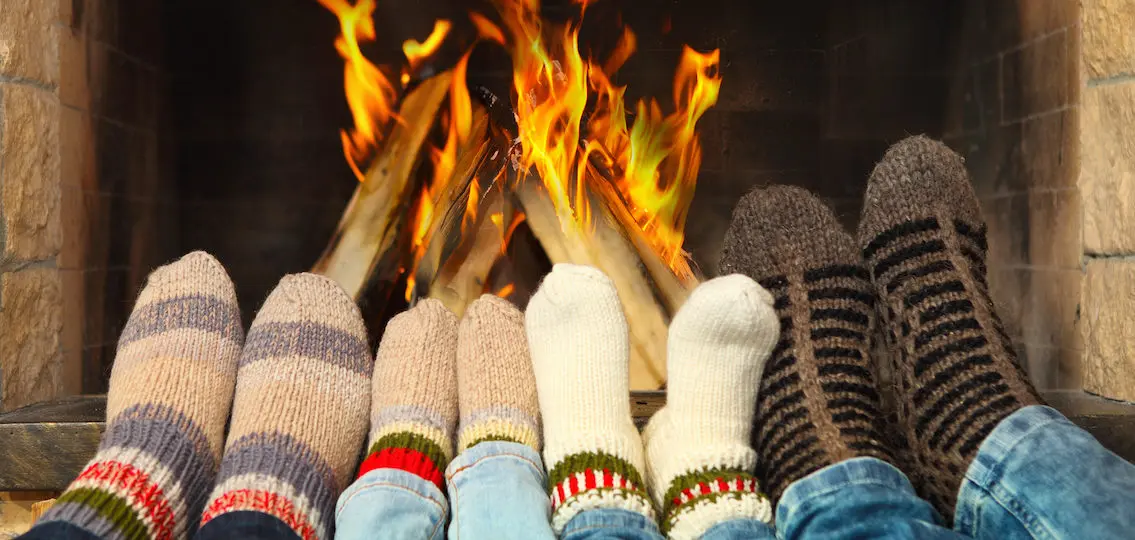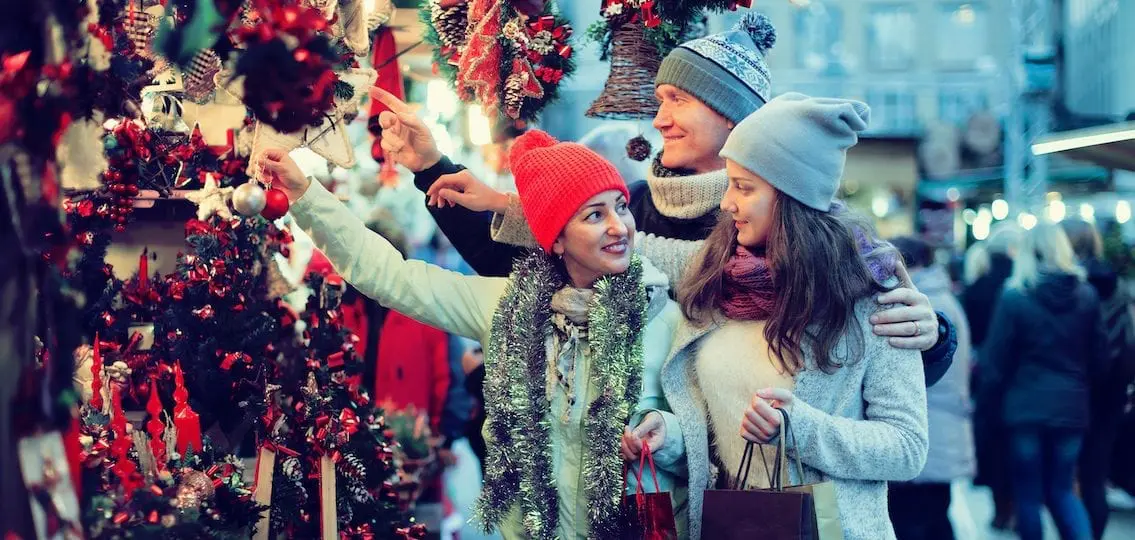Phyllis Fagell helps us find the holiday spirit by keeping our expectations in check.

If you’re feeling a little overwhelmed and anxious about how to have a happy holiday season with and for your teenagers, you’re certainly not alone. Your Teen recently had the pleasure of getting some advice, empathy, and creative solutions from one of our favorite teen whisperers: Phyllis Fagell. As a licensed clinical professional counselor and author of the popular parenting book Middle School Matters, she gave us the pep-talk we really needed. Here are the key takeaways from our interview.
Keeping Our Holiday Expectations in Check
1. We’re going to have to get creative, but different is okay.
Says Fagell, “We may not be able to do things the exact same way we always have, but that doesn’t mean we can’t still find ways to connect and be with one another.” A few ideas she recommends? Gathering around the fire pit, using a makeshift movie screen for group movie viewing, and outdoor patio heaters and lights can help you extend the socializing this winter. For teens, she suggests dropping off cookies at friend’s houses or organizing a Secret Santa exchange with their friends.
2. Reaching out to others is good for everyone.
“We’re used to going away for the holidays or visiting our family of origin, and we’ve become such an individualistic culture – I think this is a time for neighbors to lean on neighbors and look out for one another because so many people are struggling,” says Fagell. Instead of feeling bad about what we’re missing by not visiting the cousins, we can give our kids that sense of community by connecting with friends and neighbors, instead.
She also suggests we encourage our teens to find a way to include peers who might otherwise be missing out. “Appeal to your kid to think about peers and what can you do to help them feel included. With teens and middle schoolers, they need more direction on this to have the confidence to do it.” What’s in it for them? Says Fagell, “They’re going to feel better. It reduces stress do something for others.”
| [adrotate banner=”196″] |
3. Make peace with unmet expectations.
And the way to do that, says Fagell, is to start by setting attainable, realistic expectations. Step two is getting buy-in from your teens about what traditions and rituals are important to keep. For example, says Fagell, “They might not be willing to bake cookies with you in the kitchen, but maybe they would be willing to take a walk with you in the neighborhood to get cookies from a nearby bakery.” The journey of a thousand miles begins with a trip to the bakery, right?
4. Embrace spontaneity over planning.
Fagell recommends looking for the overlap between what you can control and what you care about. If you have the perfect outing in mind, but it requires having them get up early, or dress up for a photo, you’re likely to be disappointed. If it’s something more spontaneous, fun and easy you’re more likely to have success.
5. Aim for “good enough.”
We might be tempted to go overboard this year with plans and presents to make up for the lousy year we think our teens are having. However, says Fagell, “It’s not our job to shield them from all this discomfort. It’s our job to help them recover when they experience it, so I would take the pressure off yourself to make it perfect because you’re going to be an anxious presence.”
What should we do instead? “Try to find some humor, watch funny movies, get outside, and generally, aim for good enough. If you can pare it down to those smaller moments, it’s less work for you and it’s more satisfying,” says Fagell.
Fagell also recommends this strategy for parents and teens alike: “I think we can set ourselves up for success by taking a social media break so we’re not scrolling through someone else’s picture-perfect holiday photos. We never know what’s going on in someone else’s home or life.”

The bottom line, says Fagell, is that we need to let go the idea of the perfect holiday, take the pressure off and allow ourselves to feel all the feelings without guilt or shame. By connecting with those around us, doing less for ourselves, and doing more for others, we’ll find that elusive holiday spirit was there all along.




